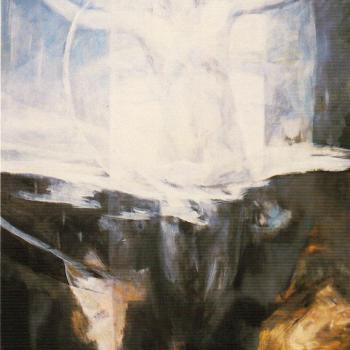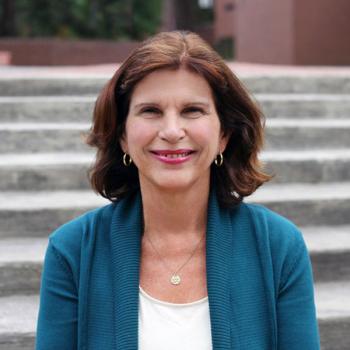Has the series been influenced by Jewish history?
I think there is something naturally Jewish about unending misery, yes. I mean, I guess naturally but not exclusively Jewish. I'm Jewish so, by default, the characters I create are Jewish, I think. Then I think I have something of a Jewish sensibility shaped by having a Jewish upbringing and so, therefore, books that I produce would be somewhat Jewish in tone.
Are the Baudelaires Jewish?
Oh yeah! Yes. The Baudelaires are Jewish! I guess we would not know for sure but we would strongly suspect it, not only from their manner but from the occasional mention of a rabbi or bar mitzvah or synagogue. The careful reader will find quite a few rabbis.
Can you tell me where?
No, I don't think I should. I think the rabbis should be for people to find.
Is there some other Jewish angle to the series that I missed?
If you read the book backward, it makes Hebrew quotes...
Oh yeah?
No! I can tell you anything. (Laughs)
Were you brought up in an observant Jewish home?
(Laughs) Observant is sort of a comparative term. We didn't have a kosher kitchen. It was a sort of typical Jewish household that hovered between Reform and Conservative Judaism. All major holidays and rituals were kept up but we occasionally lapsed on Sukkot and could never remember what Sh'imini Atzeret was for.
How did being brought up Jewish affect you as a writer?
I always think it's funny when people talk about what influenced them as a child, because you would have no basis of comparison. Certainly it would have been really surprising if I grew up to be a cardinal, with my Jewish upbringing. But I think there's a certain sensibility that that kind of Jewish household can exhibit, and that probably shows up in my writing. There's a great deal of guilt and wringing of hands in A Series of Unfortunate Events. That's very Jewish.
Was there was a lot of guilt and wringing of hands when you were growing up?
There weren't any major catastrophes in my family while I was a child, but there was the usual Jewish angst that pervades even the healthiest households.
Is the world in A Series of Unfortunate Events a world without God?
God is not a character in A Series of Unfortunate Events. The narrator mentions at one point that the characters often felt as if there was something powerful over them, which made no move to help them and was perhaps even laughing at their misfortune. But whether that person was God or the author is up for grabs.
Is there an ultimate message you want readers to take away from the series?
That's not really how I operate. I think perhaps the books posit that one should behave well in dire circumstances -- not because it will help you, but for its own rewards. But it's not as if I sat down and thought, "What important message can I bestow on the youth of the world?" I think that's sort of Jewish too. I prefer the model of Talmudic thought in which people can spend a lifetime arguing over a single paragraph of Talmudic text, compared to the Catholic model in which a text is explained for you by someone on high.
What does it mean to you to be Jewish today in the world?
As an American Jew today, I view it with the nervousness of so many of my ancestors, who wondered when it was time to leave.
What's making you nervous?
As a Jew who has taken refuge for one generation so far in a secular country, I'm troubled by a secular country getting less secular.
Are you raising your son Otto as a Jew?
I expect him back from preschool at the Jewish Community Center at any moment.
When will you read A Series of Unfortunate Events to him?
I guess whenever he seems like he would be interested in that sort of thing. Right now he's three, so not now.
Why do you think the series was so successful?
I have no idea. I am astonished. Pleasantly surprised would be a very, very mild understatement. I never thought such stories would be read by very many people and they have been. I used to have a half-baked philosophy as to why they reached such a large readership, but then I read this interview with [conservative television host] Bill O'Reilly where he gave more or less the same line of reasoning for his success. But obviously he's wrong, because he's an immoral idiot. And so I concluded that I must be wrong as well. His argument -- well, I don't even want to give him any more publicity than he already has, but suffice it to say he was wrong, and so I was wrong, so I'm not repeating the philosophy and neither should he.
Will you be writing a prequel or sequel to the series to tell us more?
I'm sure there'll be more from Lemony Snicket, but people who are hoping to have all their questions answered shouldn't hold their breath.
This article was first published at Moment Magazine, a Patheos Partner, and is reprinted with permission.
Nadine Epstein is editor of Moment. She's never been able to "give up" reading children's literature. She also interviewed Dov Krulwich, author of Harry Potter and the Torah.




